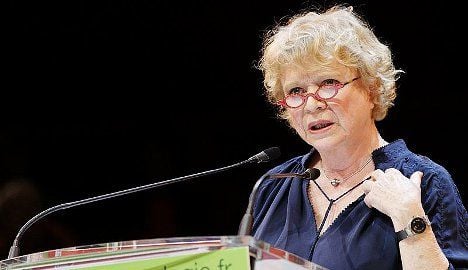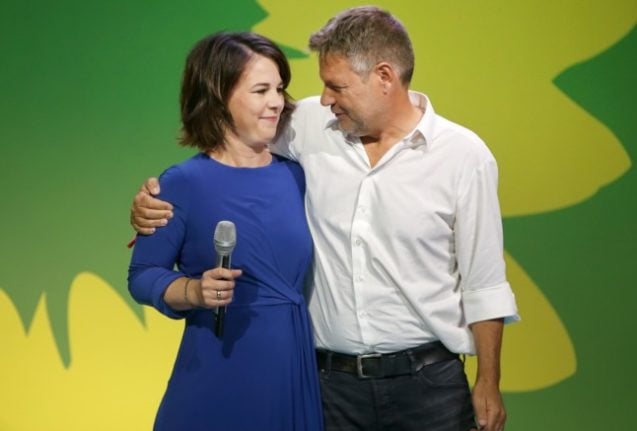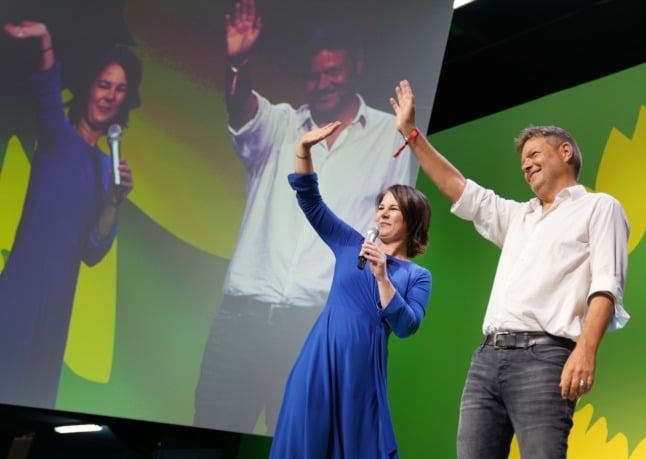When the results of the second round of voting are made public on Tuesday, a high-ranking party member told Reuters, Joly will likely enjoy a solid victory — probably “60 – 40, or even more,” said the source.
In the first round of voting, Joly, a former fraud prosecutor and tireless scourge of the French establishment, failed to get the support she needed against three rivals, TV personality Hulot, anti-nuclear activist Stephane Lhomme and Henri Stoll, a mayor in Alsace.
Lhomme and Stoll were knocked out after the first round, and observers said many of their votes went to Joly in the second round, since Hulot was considered by many not far enough to the left.
Joly, 67, is best know for her role as an investigating judge in the eight-year fraud investigation of oil giant Elf in the 1990s, which rocked France’s political and business elites. Her work on that case brought her repeated threats and she was often shadowed by bodyguards.
She is seen by many Greens as being firmly positioned on the left side of the political spectrum and has been a fierce critic of French President Nicolas Sarkozy and his government. Her campaign for the candidacy was solid, observers said.
“On issues of injustice, downward mobility and the oligarchy, Eva is credible,” said Noël Mamère, a Green party parliamentarian.
Her rival Hulot, on the other hand, aroused the suspicion of hard-core supporters with his financial ties to big companies like EDF and L’Oréal.
Joly was born in Norway and moved to Paris at the age of 20 to work as an au pair. Later, she worked as a secretary while studying law at night. She is a relative newcomer to politics, having been elected to the European Parliament in 2009.
The 2006 French film L’Ivresse du pouvoir, or “Comedy of Power,” is loosely based on her.




 Please whitelist us to continue reading.
Please whitelist us to continue reading.
Member comments